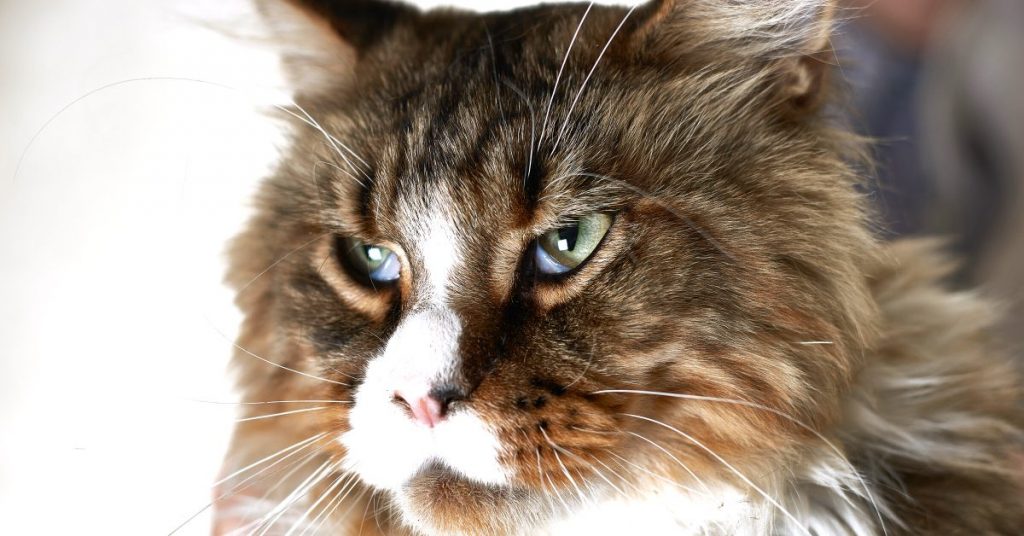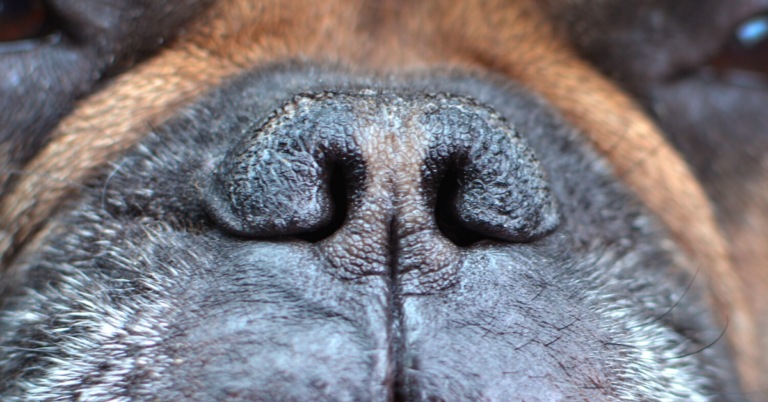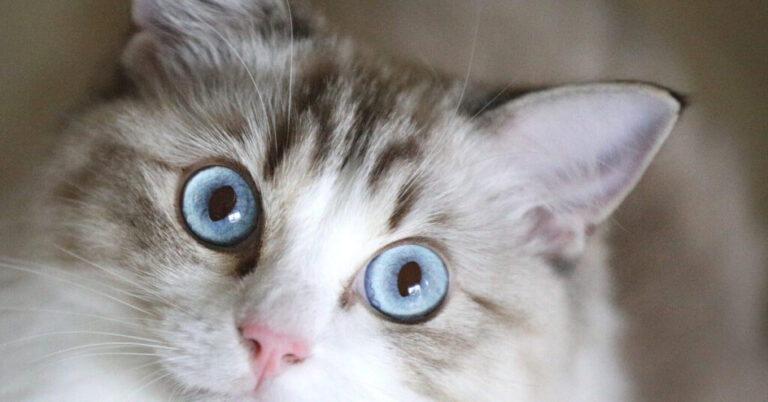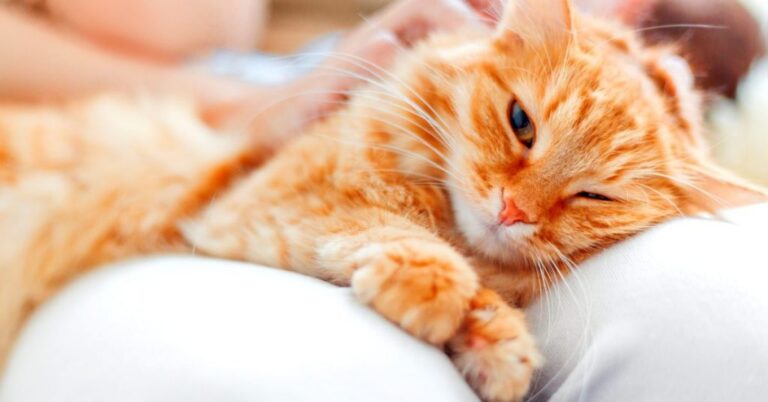What is Coccidia in Cats?
Coccidia in cats most frequently affects kittens but can also be contracted by grown cats as well.
It is always a great idea to keep a very good eye on our pets as the first level of defense when treating diseases.
What is Coccidia?
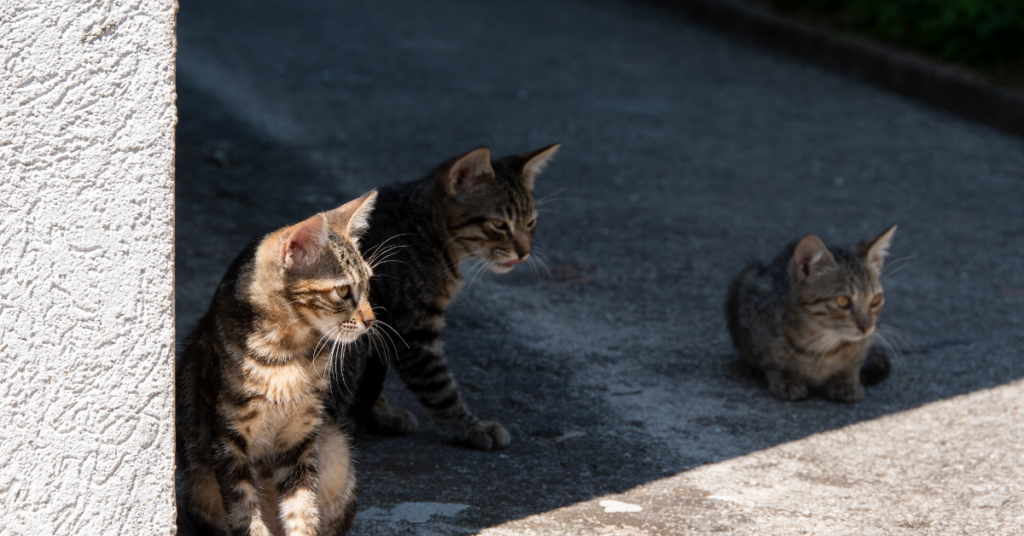
Coccidiosis is an infection of the intestinal tract caused by a single celled organism called coccidia.
Coccidia are microscopic parasites that live in a cat’s intestines, causing very bad diarrhea, and dehydration.
Severe infections left untreated can cause death in kittens, cats and dogs as well.
Therefore it is best to isolate the symptomatic pet from any other animals in the house.
How Did My Cat Get Coccidia?
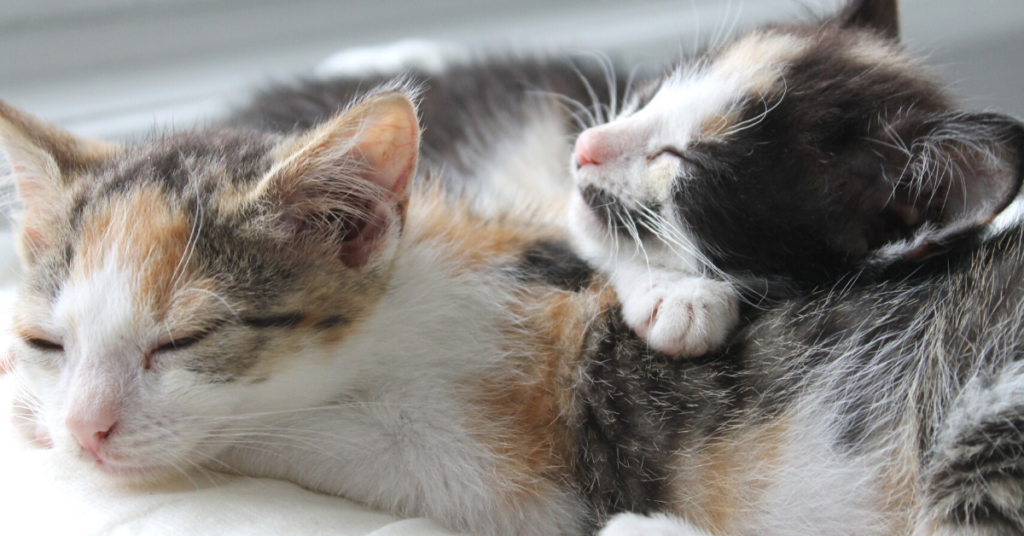
Coccidial infection is transmitted through the cat feces of an infected cat, another good reason for not sharing litter boxes.
This infection can also be passed from a mother to her newly born kittens.
The kittens are not born with the disease but contract it by having exposure to their mother’s stool.
Once a cat ingests coccidia it takes thirteen days for symptoms to begin to show.
The most common strains of coccidia are not transmissible to humans, but some of the less common types may be.
Most likely causing a bigger problem for people with a compromised immune system.
Therefore, it is always best to make sure that you have your cat checked out by your veterinarian on a regular basis.
Having check ups is especially true for newly born kittens who can begin to show symptoms when two weeks old.
Symptoms of Coccidia in Cats
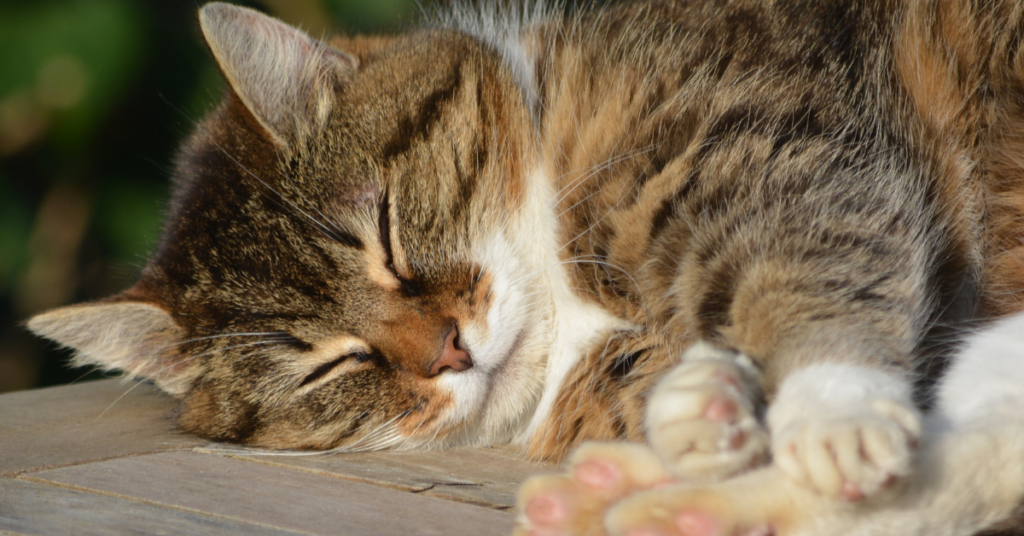
The main symptom of this disease is watery diarrhea, vomiting, and dehydration.
Other signs of coccidiosis are weight loss, and abdominal distress in the cat.
If not aggressively treated, then this illness can cause death in cats, and especially kittens.
Some cats do not show any clinical signs of being infected with coccidia, and the disease is only discovered with a fecal test.
In these cases the disease will clear itself being fought off by the animal’s own immune system.
Diagnosing Coccidia
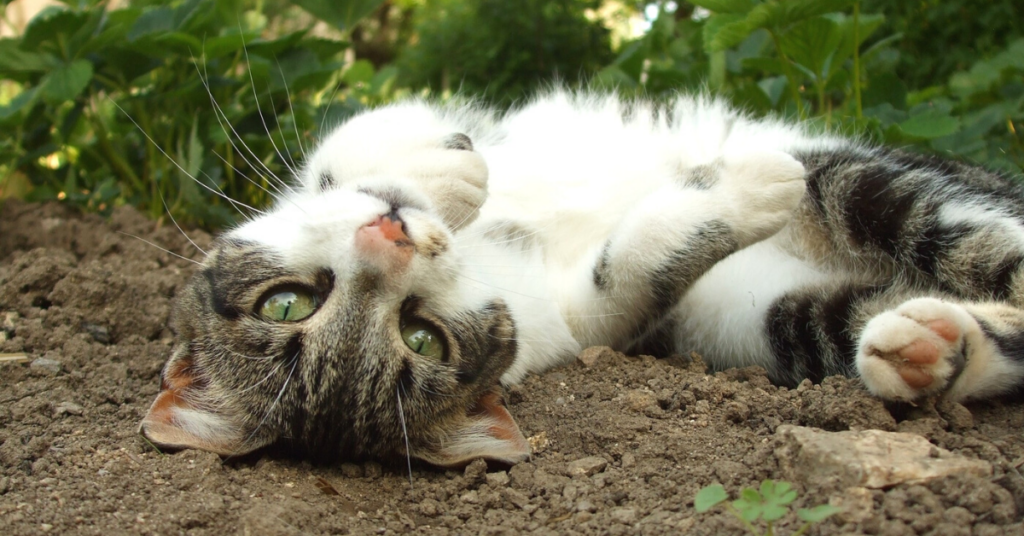
Coccidia is diagnosed through the microscopic examination of a fecal sample from your cat.
Some lesser known variants of this illness will require a blood test to be sure that all potential types of the disease are discovered.
Parasites that live in a cat’s stool can sometimes be confused for worms, but they are a species of coccidia.
Treatment for Coccidia in Cats
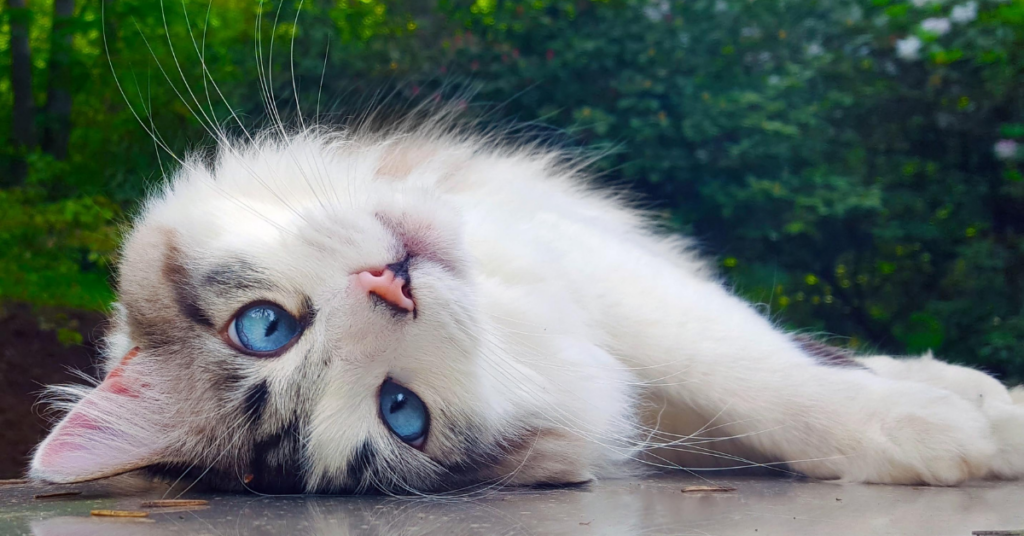
Trimethoprim sulfonamide, also known as co-trimoxazole is an antibiotic used for the treatment of bacterial infections, and used to treat coccidiosis.
This medication will be administered for five to 20 days, and usually is formulated with a flavor easily acceptable to most cats.
Cats will need to be rehydrated, and provided with a clean place to rest, and recover in.
How to Prevent Coccidia
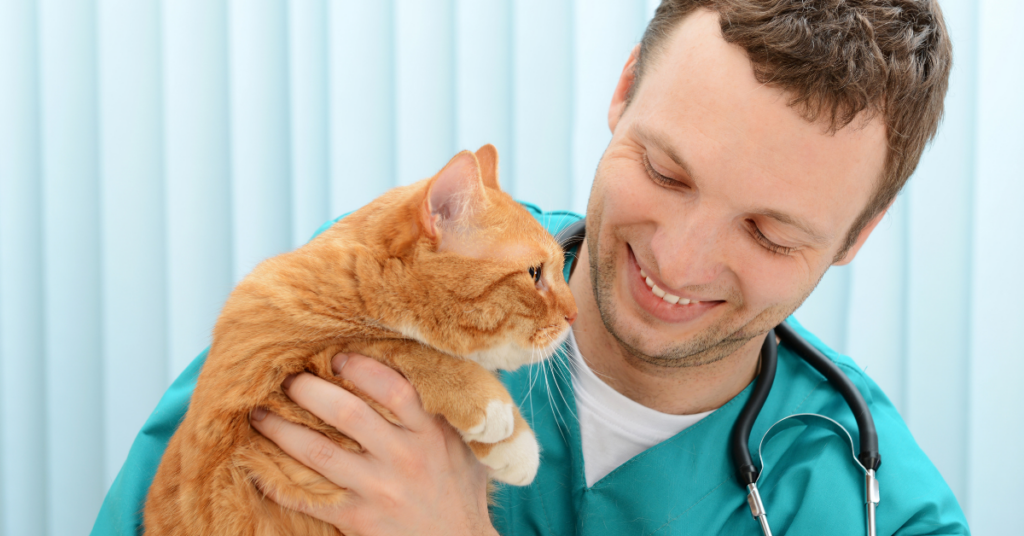
It is possible for cats to become reinfected and therefore practicing good hygiene is an important thing to keep in mind.
This means proper disposal of cat feces, and always changing kitty litter regularly, especially if used by other cats.
Keeping a cat indoors is a good way to keep them safe, and if that is not possible, try and make sure they are living in a clean environment.

